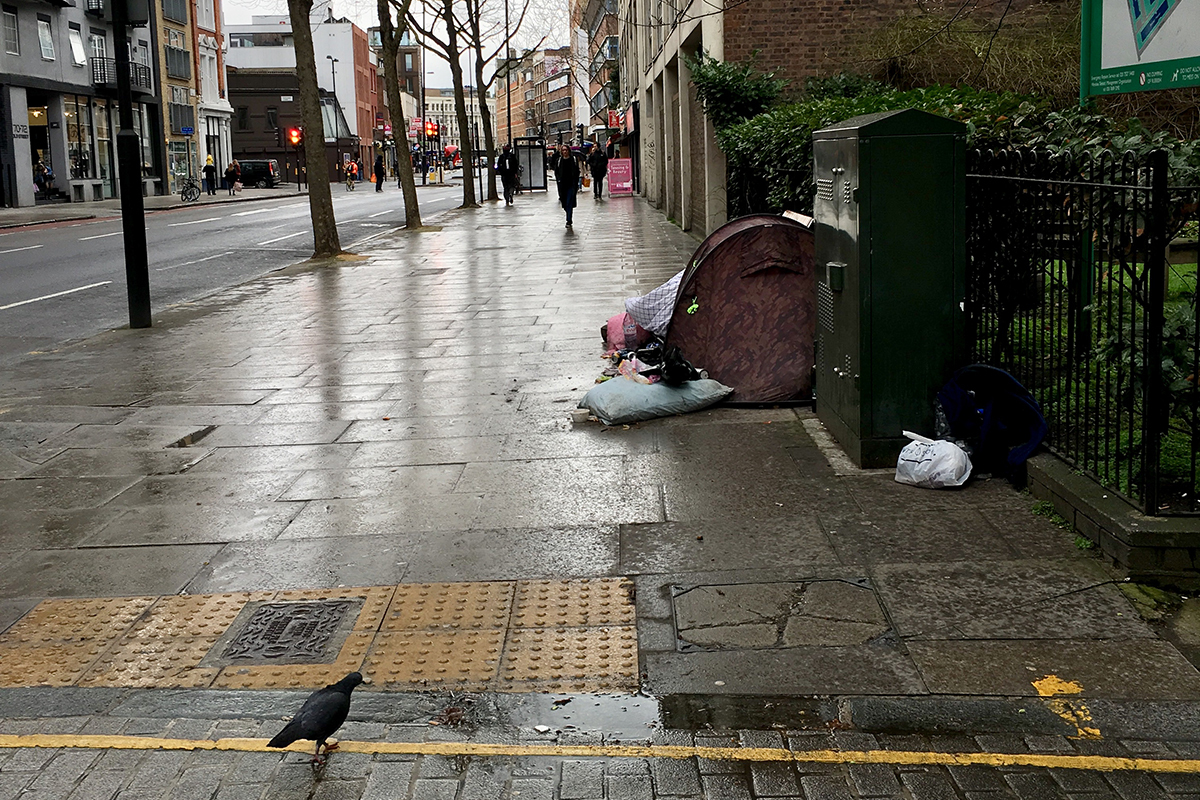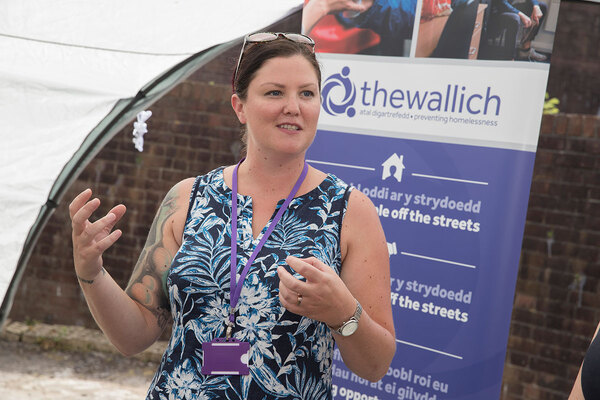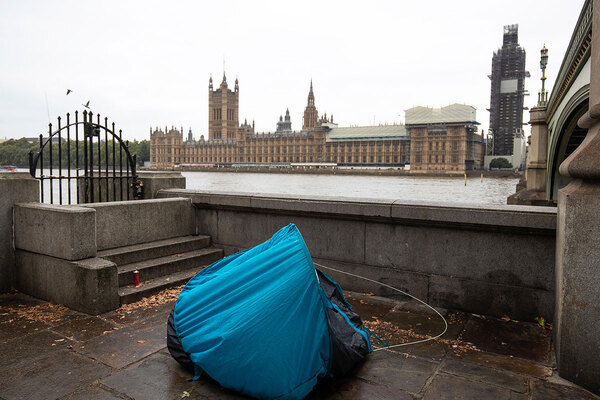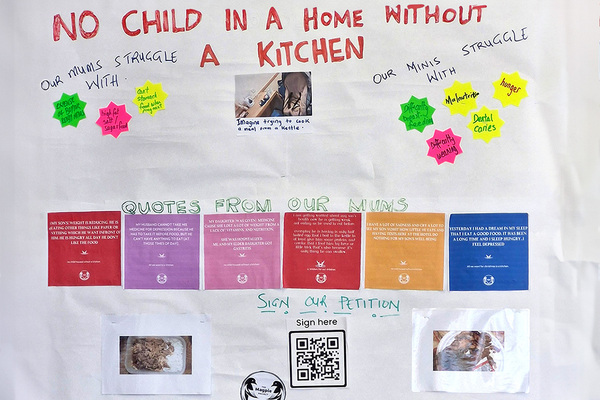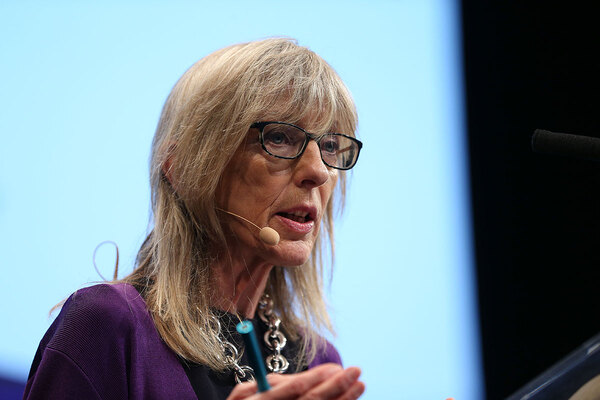You are viewing 1 of your 1 free articles
Welsh homelessness organisations critical of UK government’s ‘dehumanising’ plans to criminalise rough sleeping
A group of homelessness and housing organisations in Wales have joined a growing chorus of concerns over the UK government’s plans to criminalise rough sleeping under new legislation.
In a letter to the chair of the Welsh parliament’s Legislation, Justice and Constitution Committee, representatives of eight charities and other organisations warned that new powers to move on, fine or imprison ‘nuisance’ rough sleepers are “dehumanising”.
The committee has been tasked with reporting this month on the Criminal Justice Bill, which is at the report stage in the House of Commons.
It would supersede the existing Vagrancy Act, which dates back to 1824 and makes it a criminal office to sleep rough or beg in England and Wales.
“Proposals within the UK government’s Criminal Justice Bill seek to reinstate some of the most problematic aspects of this ancient law, which would continue to criminalise homelessness,” the letter said.
The measures include police powers to move people on, fine up to £2,500, or imprison a person who is, or even looks as though they are intending to, sleep rough or beg, the letter stated.
“The proposals also place an emphasis on people who ‘have an excessive smell’ and open the door for people to be judged according to their housing status,” the letter said.
It added that the measures set out in the legislation are at odds with the Welsh government’s trauma-informed approach to homelessness – a point that has already been raised in a memorandum published at the end of January.
The document, signed by Jane Hutt, the Welsh minister for social justice, set out a number of concerns with the bill’s provisions. It said the legislation is likely to restrict people’s engagement with services, leading to “missed opportunities” to access support, and warns against any “punitive” approach towards rough sleeping.
The memorandum noted that assurances have been offered that the proposed measures would only be used as a last resort by the UK government.
A refusal by the Welsh government to agree consent does not present a legal obstacle to the legislation passing, but under a convention contained in devolution settlements, the UK parliament “will not normally legislate with regards to devolved matters without the consent of the devolved legislatures”.
A Welsh government spokesperson said: “We share concerns of the homelessness sector that these proposals will further disadvantage an already marginalised group of people [and] we urge the UK government to reconsider.”
Robin White, head of campaigns at Shelter Cymru, said members of the Senedd, the Welsh government and Welsh MPs must “stand united in opposition to [the Criminal Justice] Bill and focus on compassionate approaches to solving homelessness that empower people and that leave nobody sleeping on our streets”.
He added: “Homelessness is not a crime, and approaching it in this way will serve only to damage trust and increase the challenge of getting people the support they need.”
Sam Austin, deputy chief executive of homelessness charity Llamau, said: “The route to ending homelessness lies in early identification, prevention and intervention services, access to the right support at the right time to end the repeating cycle of homelessness, well-funded support and prevention services and more affordable homes.”
The Welsh leaders’ comments echo remarks made by their English peers, with Crisis leading a campaign against the measures on rough sleeping set out in the Criminal Justice Bill.
A Home Office spokesperson said: “We are determined to end rough sleeping and prevent people from ending up on the streets in the first place. That is why last year we published our strategy to end rough sleeping for good, backed by an unprecedented £2bn commitment.
The spokesperson added: “No one should be criminalised for simply having nowhere to live, which is why we committed to repealing the outdated Vagrancy Act, which was passed in 1824. These provisions provide a civil route to engage with rough sleepers to help them to take up offers of support and only criminalise any non-compliance with a lawfully made direction, notice or order.”
Sign up for our Wales newsletter
New to Inside Housing? Click here to register and receive our Wales round-up straight to your inbox
Already have an account? Click here to manage your newsletters
